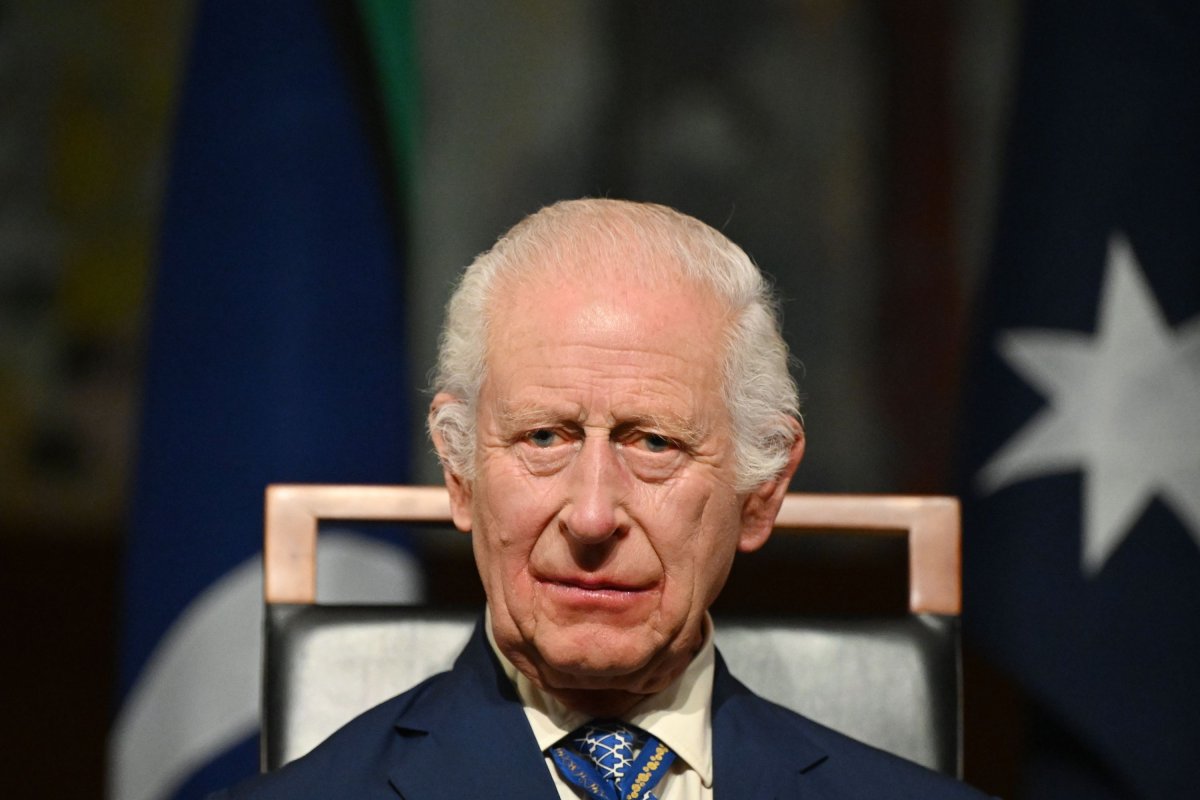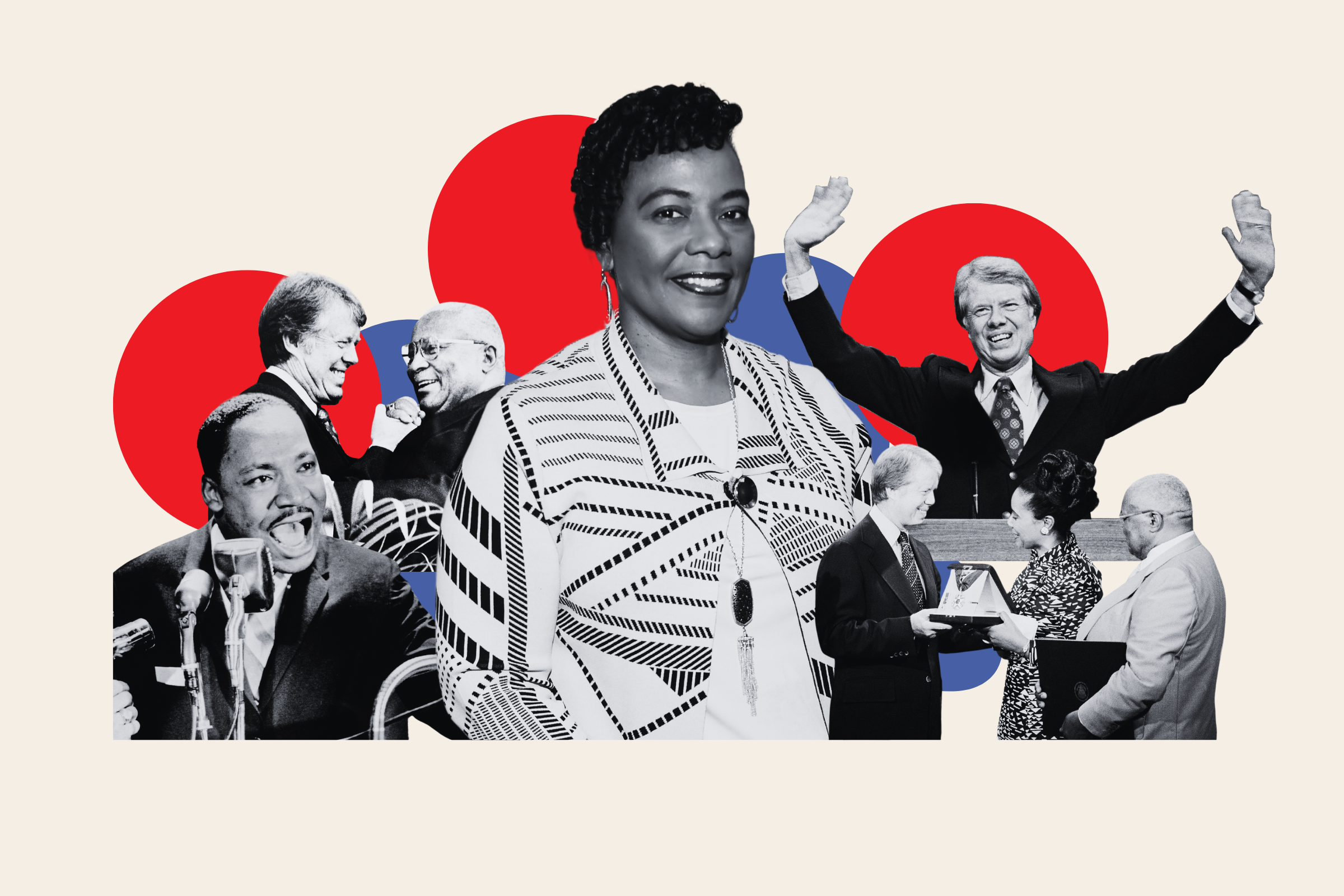King Charles III's monarchy is a "skeleton of itself," following his policy of slimming down the list of working royals, according to former magazine editor Tina Brown.
The author of royal biography The Palace Papers said the royals would benefit from having Prince Harry back on the roster after the king and Princess Kate have taken time off this year due to cancer treatment.
Her comments come after Charles has since the 1990s ruffled feathers by pushing to limit the number of working royals.

"It's really actually very sad that he [Harry] can't go back to England and play that role which is actually really needed," Brown told The Ankler podcast.
"Because now the monarchy is a skeleton of itself, it's so ironic that Prince Charles all those years talked about the slimmed down monarchy. Well it's been so b***** slimmed down now that it's like it's anorexic.
"You've basically got Charles who's got cancer, you've got Kate whose been through this terrible cancer bout herself and had to leave the stage for nearly a year and William who's so curtailed by all the sort of anxiety on his shoulder.
"His wife and his father and the whole thing. They could use a pretty upbeat joyful ambassador to the world who would be Harry.
"The problem is they have very much the same problem that I talked about with Princess Diana and Charles which was known as the upstage problem. He does upstage William. There's no doubt about it, you know, on the stage."
Historian Robert Lacey wrote in biography Battle of Brothers about the fractious period in the 1990s when Charles first started pursuing his vision of a slimmer monarchy.
"This was Prince Charles' special crusade," he wrote. "In an age of slimming, the future monarch wanted to slim down the House of Windsor.
"Charles' idea was to reduce the public face of the monarchy to just the sovereign and their consort, plus those children and grandchildren who were directly in the senior bloodline—with no more uncles and cousins to be reckoned up by the dozen, no more aunts."
Tensions became heated, in particular around the fate of his younger brothers Prince Andrew and Prince Edward, who were not axed, though Andrew stepped back from public life in November 2019 over his friendship with Jeffrey Epstein.
"The Prince of Wales pursued his theme hard," Lacey wrote, "with Andrew resisting fiercely on behalf of Edward and himself—and particularly his own daughters Beatrice and Eugenie, eight and six in 1996.
"Andrew saw royal service as the perfect career path for both his girls, and he also pointed out that if Charles really did intend to limit the family workforce in this drastic fashion, it would make a heavy load for William and Harry, which they would surely appreciate sharing with their female cousins.
"The arguments grew bitter, bringing out into the open all the tensions and jealousies that had long festered between the 'heir' and the 'spare'."
Slimming down caused further friction in the Harry and Meghan Markle era after the Duchess of Sussex told Oprah Winfrey there were discussions about whether her children would get royal titles and police protection while she was pregnant with their first child, Prince Archie.
"They were saying they didn't want him to be a prince or a princess, not knowing what the gender would be," she said, "which would be different from protocol. And that he wasn't going to receive security. It was really hard."
Jack Royston is chief royal correspondent for Newsweek, based in London. You can find him on Twitter at @jack_royston and read his stories on Newsweek's The Royals Facebook page.
Do you have a question about King Charles III, William and Kate, Meghan and Harry, or their family that you would like our experienced royal correspondents to answer? Email royals@newsweek.com. We'd love to hear from you.




















 English (US) ·
English (US) ·